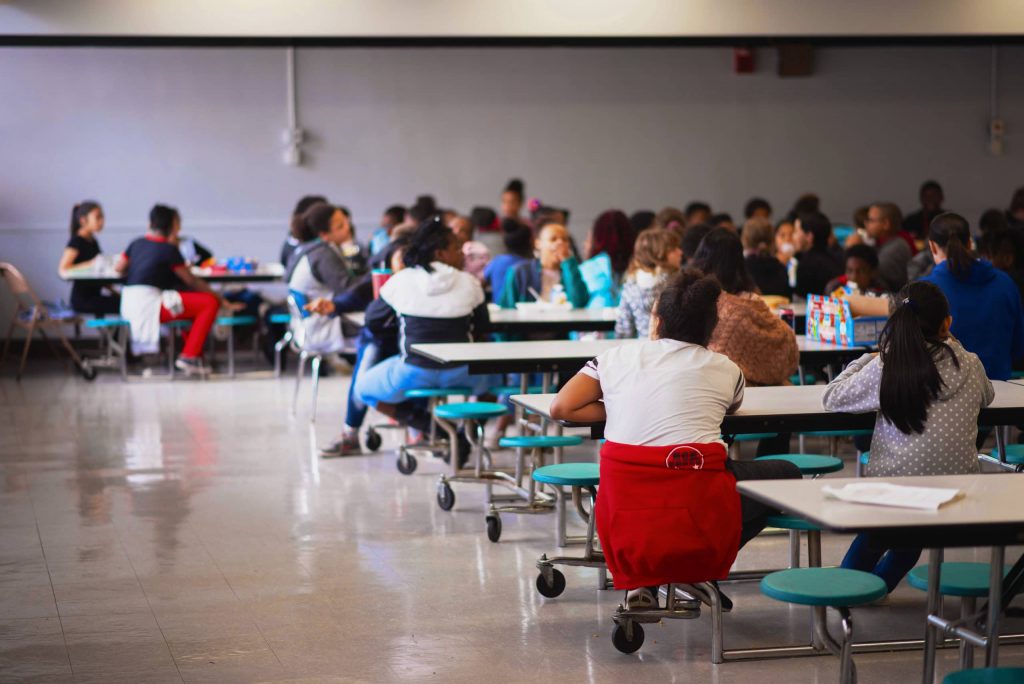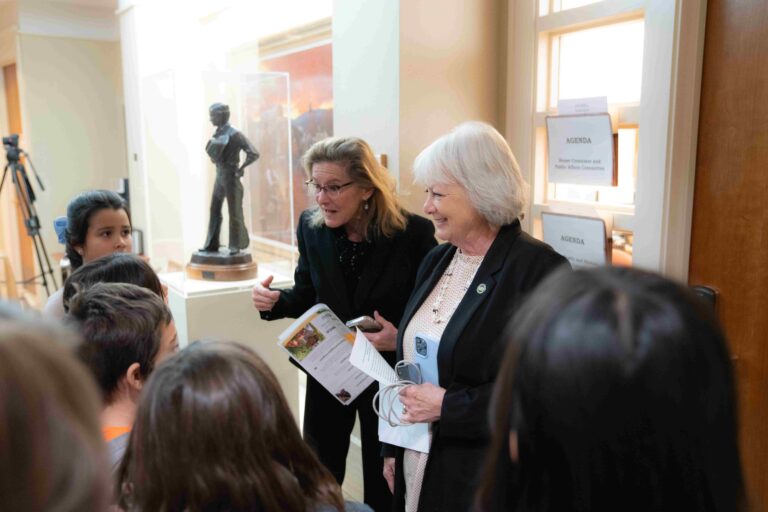Shifting Money, Shifting Power: Participatory Budgeting at FoodCorps
Through participatory budgeting, we’re exploring more equitable ways to make financial decisions that impact FoodCorps.
Join our corps! Applications for 2026-2027 are now open. Apply by March 30.
Through participatory budgeting, we’re exploring more equitable ways to make financial decisions that impact FoodCorps.

What does it mean to be an equity-driven organization? At FoodCorps, we’re always learning how to center equity, diversity, and inclusion (EDI) in all aspects of our work. But in the past year, we’ve experimented with a new process for making financial decisions collaboratively.
Called “participatory budgeting,” this process is a way to shift power within organizations and institutions. The Participatory Budgeting Project defines it as “a democratic process in which community members decide how to spend part of a public budget.” For FoodCorps, this means staff deciding as a group how to spend money, rather than leaving these decisions to just a few senior leaders.
In 2020, we received a grant from the Walmart Foundation to fund our equity and strategic planning work. These funds were meant to help FoodCorps make thoughtful progress in a way that aligned with our EDI goals. Given this flexibility, our EDI team decided to try a participatory budgeting process, something new to FoodCorps. Through this process, we set out to practice inclusive decision-making, to try out a new tool for collaboration, to build community, and to provide new opportunities for leadership among staff.
The results were incredible. Staff proposed a series of projects to increase inclusivity and equity both within and outside of FoodCorps, and through a voting process, selected four initiatives to receive a portion of the Walmart Foundation funding. These projects were:
The process offered a lot of insights and lessons we hope to use in future decision-making processes. For one, the majority of projects proposed were developed by BIMPOC (Black, Indigenous, multiracial and people of color) staff. And staffers who didn’t propose a project still had the opportunity to weigh in, offer their perspective in a meaningful way, and witness the energy and enthusiasm around projects their peers imagined. Carving out an opportunity for leadership in this way — especially for those not typically elevated to leadership positions — was deeply meaningful to many folks on staff.
Today, the projects funded by the participatory budgeting process are either underway or completed. A new Service Member Action Committee is weighing in on FoodCorps’ decisions and priorities. Staff are dedicating their time to uplifting BIMPOC in school nutrition, making connections that will deepen our understanding of the field and allow us to build more authentic partnerships in our work. And a number of staff and service members have been trained in both mental health first aid and in transgender and nonbinary inclusion.
Participatory budgeting serves as a useful tool in making decisions and pursuing projects with equity at the center, and we’re excited by the opportunity it creates for more staff to move into equity leadership roles. We look forward to future opportunities to shift power, invite more people to the table, and make more equitable decisions.
Thanks to the Walmart Foundation for its support of FoodCorps’ equity, diversity, and inclusion work.

3 Reasons We Need School Meals for All

Mindful Tasting: Eating with All 5 Senses

Our 2025 Child Nutrition Policy Year in Review